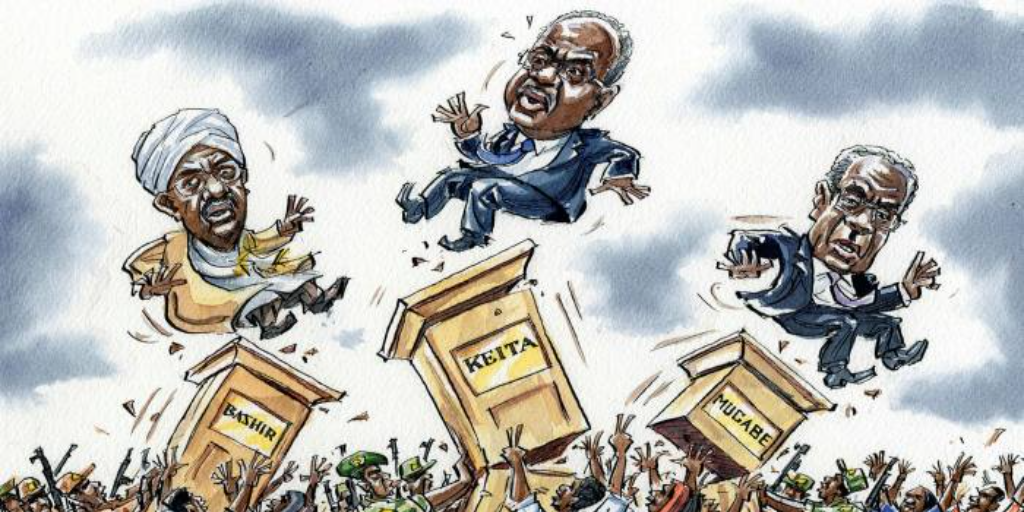“Our objective is African union now. There is no time to waste. We must unite now or perish,” exclaimed Kwame Nkrumah, Ghana’s first president, during his speech at the founding of the Organisation for African Unity (OAU) in 1963. Nkrumah’s words were symbolic of an erupting pan-African culture that had been thriving under the last vestiges of reigning colonial empires. The pan-African movement was first conceived in the late 19th century by African American and Afro-Caribbean intellectuals, with the aim to unite all people of African descent across the world against slavery, the ravages of imperialism, and exploitive colonial cultures. According to Paul G. Adogamhe, Associate Professor of Political Science at the University of Wisconsin-Whitewater, early pan-Africanists and African leaders confronted with American and European racial, social, and economic oppression, advocated pan-African unity as the catalyst for Africa’s development. Prominent African leaders, writers, and revolutionaries that pioneered and supported pan-African thought included Edward Blyden, WEB Dubois, Stokely Carmichael and Kwame Nkrumah. The movement was considered a driving force for active social and political change on the African continent. After World War II, pan-Africanism fuelled the fight for liberation and decolonisation….



